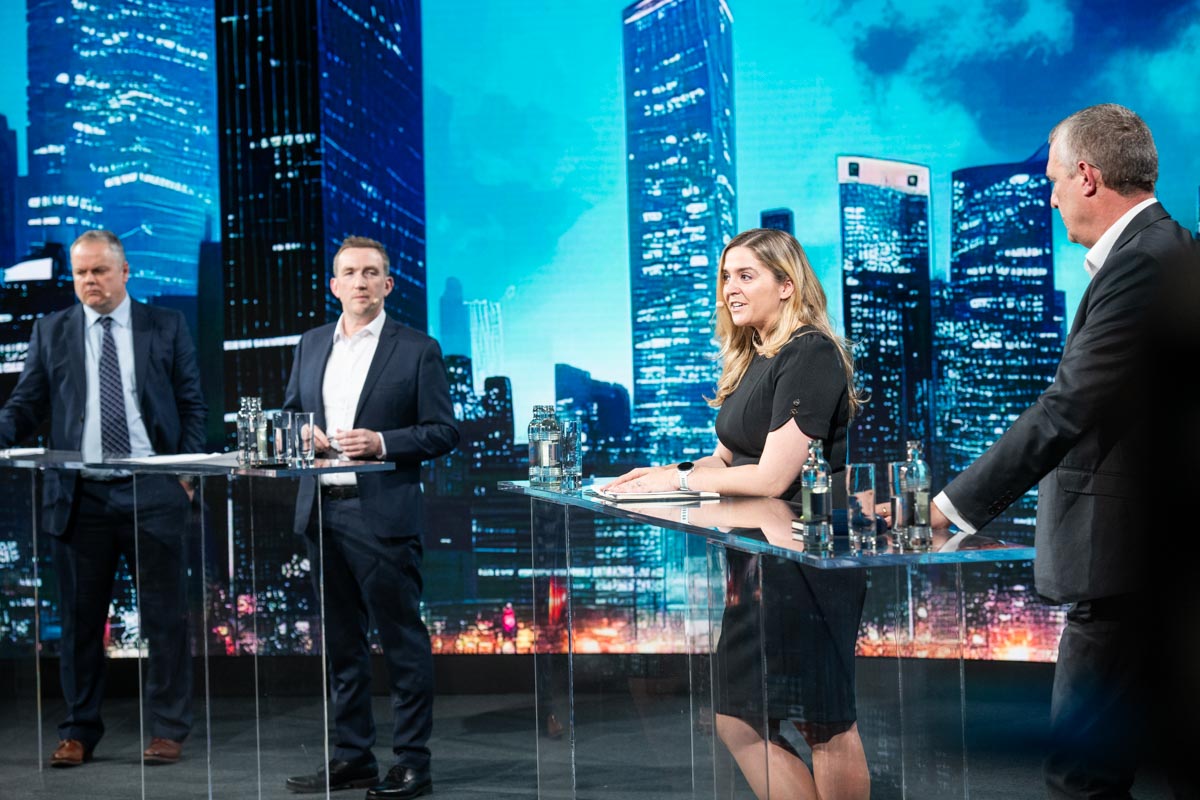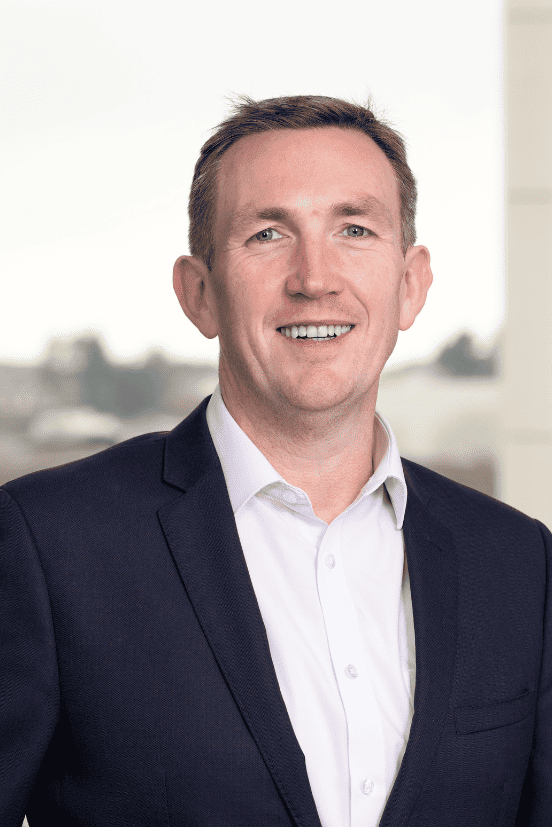Having recently spoken on a panel at the ALFI Private Assets Conference exploring what keeps conducting officers up at night, Derek Russell, Funds Director at JTC in Luxembourg, reflects on some of the key compliance and due diligence issues faced by the jurisdiction’s funds sector, and what lies in store in 2024.
The international fundraising environment in 2023 was undoubtedly proven to be a challenge for the cross-border funds sector and that applied equally in Luxembourg – but speakers and panelists at ALFI’s recent Private Assets Conference, attended by some 550 delegates, argued that the jurisdiction continued to hold its position as Europe’s foremost centre for private asset funds.
Despite elevated levels of inflation and ongoing tight monetary policy, speakers indicated that there continued to be support for private equity and venture capital, real estate and infrastructure and debt funds, suggesting that not everything on the horizon is necessarily bleak.
When it comes specifically to compliance, KYC and due diligence – the focus of Derek’s panel – there were some key trends, particularly around ‘retailisation’ in the private markets, automation, talent and staffing, as Derek explains.
“Anti-money laundering controls continues to be a major focus,” says Derek. “And that’s being exacerbated by the onward trend of retailisation in the sector. With private equity and other alternative funds being marketed to what we would ordinarily describe as retail investors, that opens up the prospect of customer due diligence being extended from a small number of limited partners to hundreds or even thousands of individual investors. It’s a key issue for managers and the service providers that support them.”

